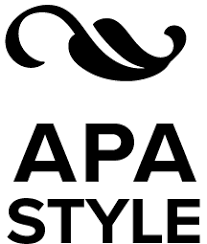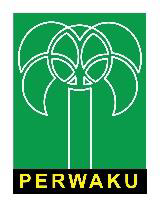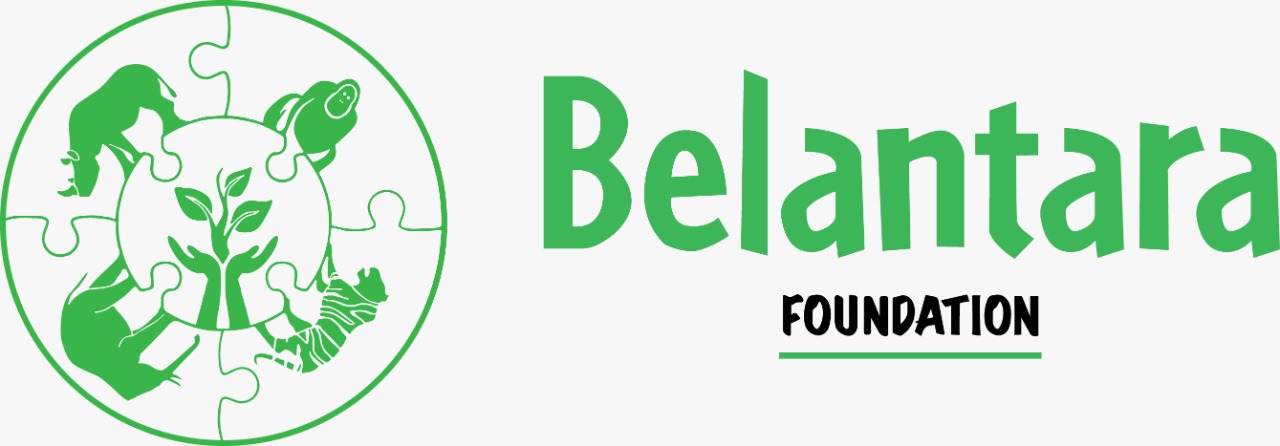The Online Journal System now live for submission and peer-review
Abstract
Producing the first issue of a new scientific journal is an exciting and stressful time for any editorial board. Producing the second issue is more quietly satisfying with different concerns. Everyone was supportive and interested in the launch, but will they now follow up with challenging papers and relevant information to share, and will colleagues use and share this journal? A significant step forwards in the production of The Indonesian Journal of Applied Environmental Studies (InJAST), is that the Online Journal System is now live. This has meant that, whereas all work for the first issue was undertaken through email communication, for this second issue, all manuscript submissions and their peer-review processes have been managed successfully online.
A major and much appreciated demonstration of support for InJAST is the MoU that has now been signed between the Graduate School of Environment Management in Pakuan University and PERWAKU (Perhimpunan Cendikiawan Lingkungan Indonesia; the Indonesian Association of Environmental Scholars), one of their key collaborations being to publish collaboratively InJAST. The MoU was signed auspiciously on 5 June 2020, the 16th anniversary of PERWAKU and the 46th anniversary of World Environment Day.
World Environment Day 2020 sought to engage governments, businesses, celebrities and citizens to focus their efforts on a pressing environmental issue the theme is biodiversity a concern that is both urgent and existential. Recent events, from bushfires in Brazil, the United States, and Australia to locust infestations across East Africa and now, a global disease pandemic demonstrate the interdependence of humans and the webs of life, in which they exist.â€
Also to mark World Environment Day, Pakuan University and PERWAKU, together with Andalas University, held a webinar focussed on the Protection and Management of The Environment of the Covid-19 Era. This global pandemic has of course affected everyone from all walks of life, and the webinar explored the dangers of over use and destruction of the natural world, the benefits all humans derive from nature for our survival, and the demands for good focussed environmental management. Although incredibly tragic, the pandemic has perhaps focussed governments, businesses and communities alike on our relationship with nature.
All such concerns lie within the globally recognised nexus of the nature crisis, the climate emergency, and unsustainable production and consumption. Environmental managers must understand and bring into account a wide array of subjects and approaches, not just science and technology but also social sciences, behavioural insights, economics, policy and regulation, and the arts and humanities, when tackling such problems. In Indonesia, and elsewhere, these challenges include deforestation, habitat loss and air pollution from forest fires, and water and air pollution from industrial and urban development. The second issue of InJAST illustrates this breadth of interest, concern, and focussed research, comprising papers on environmental policy, the UN Sustainable Development Goals, natural resources management, biodiversity of restored habitats, and progression in methodological approaches.
As Editors-in-Chief, we are very pleased to see this second issue appear and encourage our colleagues from all sectors to submit their papers covering primary research, reviews, and research into policy and practice.
DOI: 10.33751/injast.v1i2.2588
 Abstract views : 290
Abstract views : 290
Refbacks
- There are currently no refbacks.
Copyright (c) 2020 Indonesian Journal of Applied Environmental Studies

This work is licensed under a Creative Commons Attribution-NonCommercial-ShareAlike 4.0 International License.













